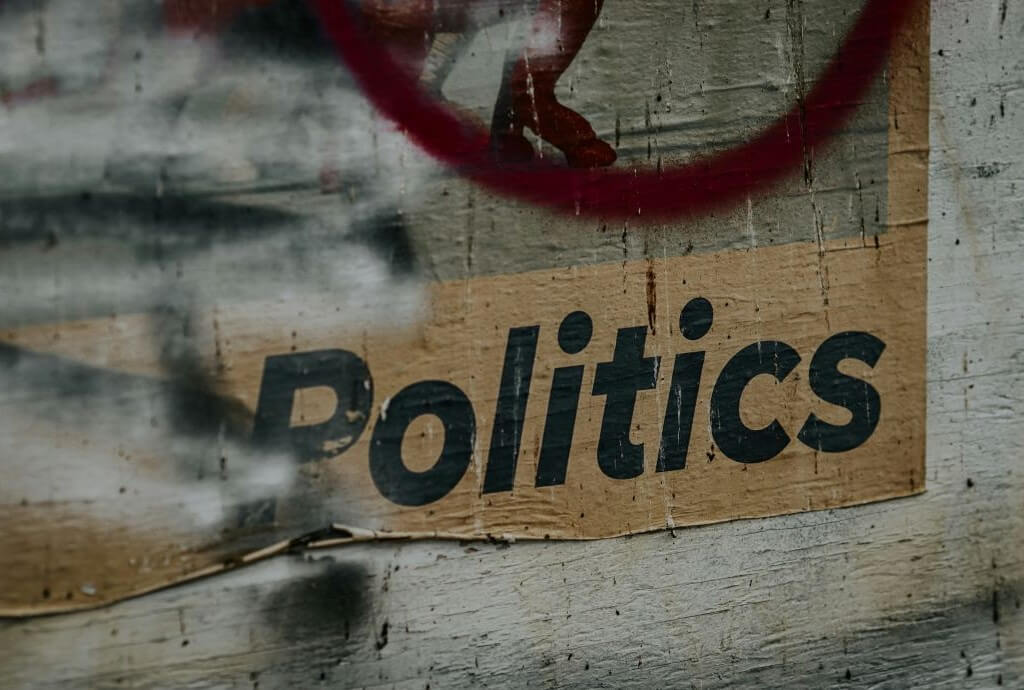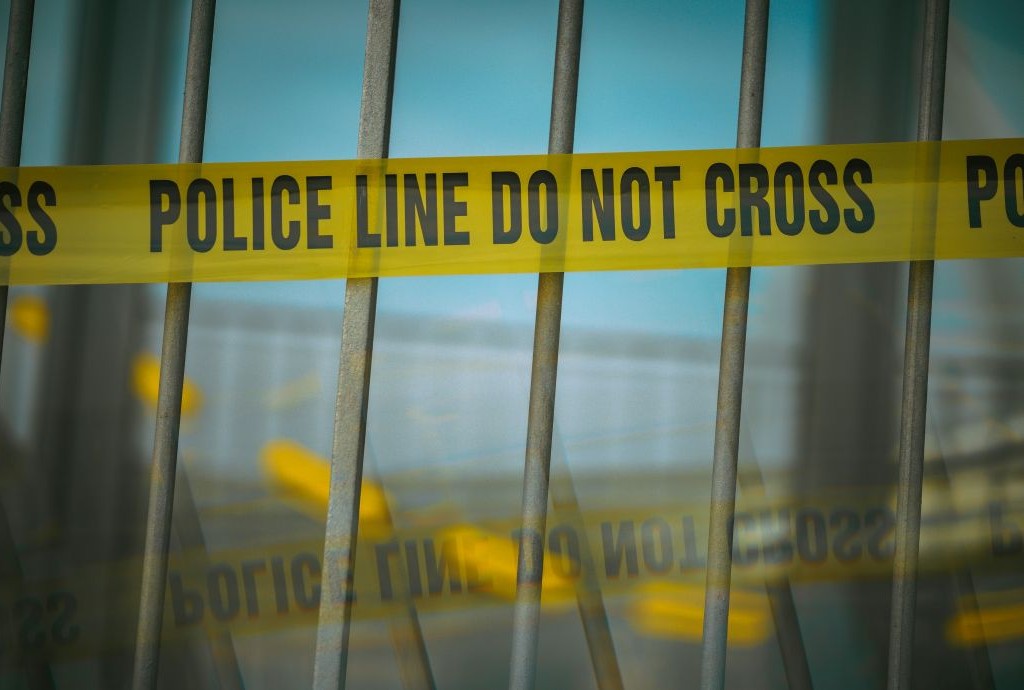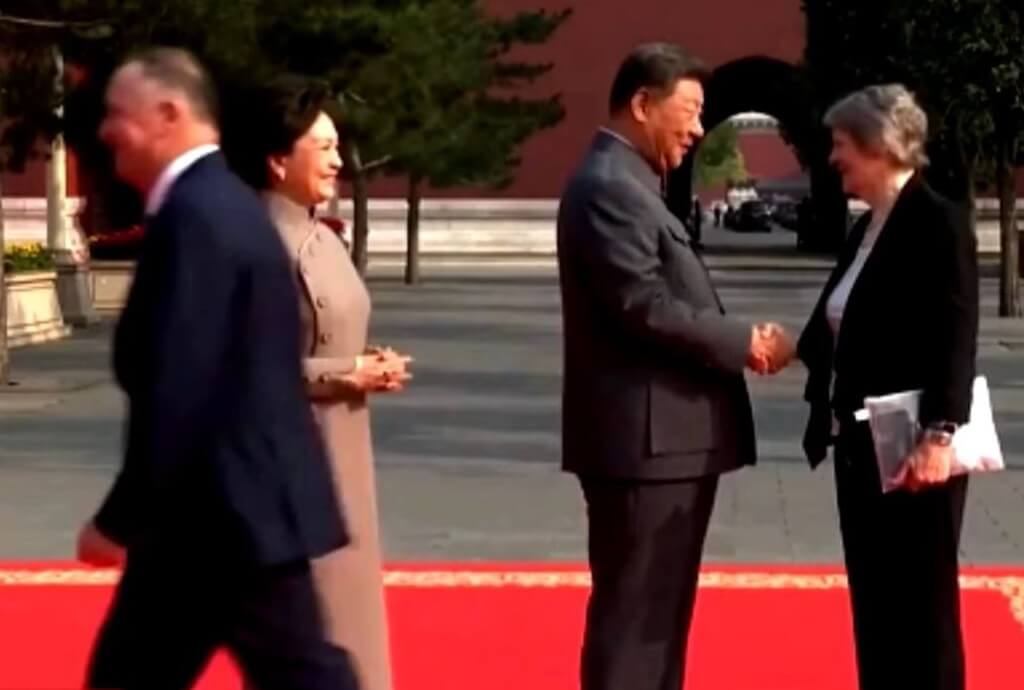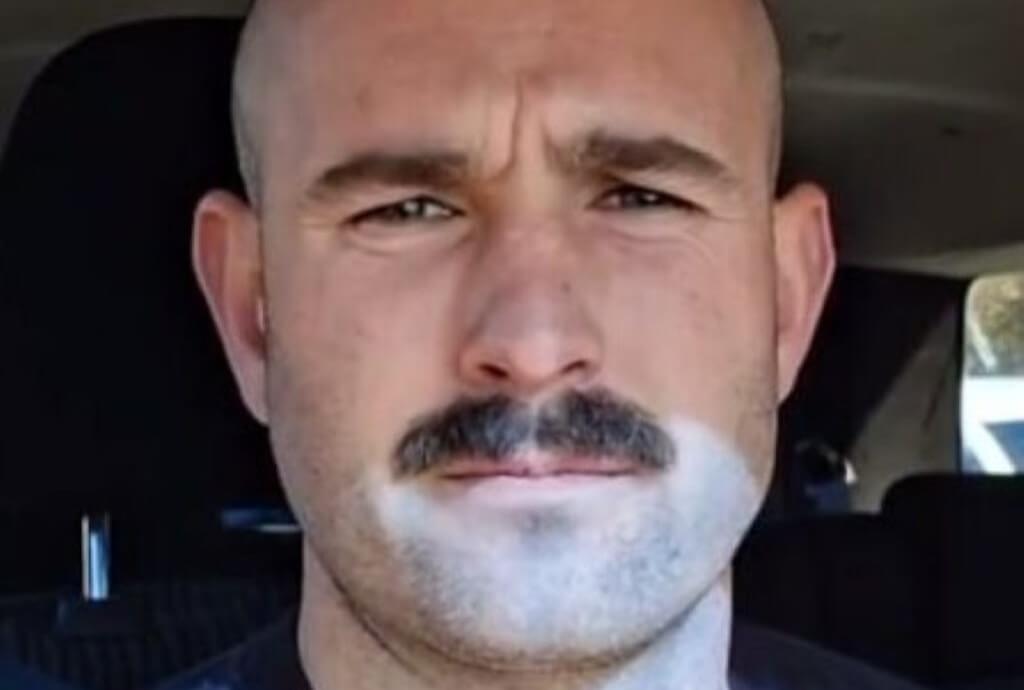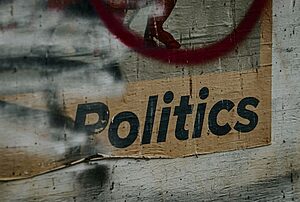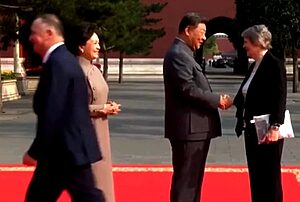In brief
- Mainstream media grapples with declining ad revenue and high operational costs.
- Public trust in media has plummeted due to perceived biases and alignment with divisive narratives.
- Some view the decline of traditional media as the natural consequences of biassed reporting.
Under threat
The stability of New Zealand’s mainstream media is under severe threat. Newshub is to be shut down with a reduced service transferred to Stuff. TVNZ cuts staff. Trust levels are plummeting and many are asking: what’s driving this shift?
Economic challenges
Firstly, the traditional media model is buckling under financial pressures. Advertising revenue, once the backbone of television income, is dwindling as advertisers flock to digital platforms. Compounded by an economic downturn, and the new government peeling back advertising, these financial woes paint a grim picture for traditional broadcasters.

their own decline — but will anyone notice?
Longtime journalist Paddy Gower points to the exorbitant fees charged by Kordia, a state-owned enterprise, as another strain on broadcasters’ budgets. Estimates suggest that Kordia received tens of millions from broadcasters in 2021 alone.
Amid these economic strains, Media and Communications Minister Melissa Lee has been quizzed on potential government intervention to reduce Kordia fees. Yet, it’s questionable whether this alone could be the magic bullet that saves struggling broadcasters.
Lee has hinted at amendments to the Broadcasting Act aimed at implementing stricter regulations on online streaming platforms. She has also suggested that the Fair Digital News Bargaining Bill will level the playing field by forcing Big Tech to pay outlets for news. However, similar legislation has not worked in Canada or California and Google has signalled they will “reassess” their operations in New Zealand if the bill should pass.
Public trust
The decline in audience trust further complicates matters. According to AUT’s 2024 annual report on Trust in News in Aotearoa New Zealand for 2024, only 33% of New Zealanders now trust the mainstream news, a major drop from 53% in 2020.
The Public Interest Journalism Fund fueled perceptions the mainstream media narratives were in alignment with divisive government agendas.
High-profile topics such as COVID, co-governance, transgender activism, and climate change have polarised Kiwis, many of whom feel that the coverage is overly partisan and out of step with public sentiment.
Political bias and media accountability
The media’s credibility continued to suffer as it increasingly adopted talking points from activist groups like The Disinformation Project.
Alternative media platforms benefited from audiences frustrated by mainstream bias seeking more balanced or at least other perspectives.
Personal accountability is also lacking among media figures. For instance, Gower’s recent public defences of his role contrast sharply with his previous lack of empathy for those affected by COVID lockdowns and mandates. He told Mike Hosking on Newstalk ZB that “keyboard warriors” who say the media are getting their just desserts for going “woke”, can “get stuffed.”
As an aside, creative destruction forces people to change jobs due to industries collapsing and transforming all the time. For many, it smacks of entitlement to suggest one deserves to do a job regardless of how redundant that job is perceived by society.
Despite these challenges, the mainstream media’s reaction to alternative voices has often been dismissive. For example, the struggles of Reality Check Radio, an emerging alternative media outlet facing similar financial difficulties as Newshub, have received relatively little attention or sympathy from traditional media outlets.
Harming democracy or saving It?
Broadcaster Jack Tame and others argue that the loss of traditional media outlets could harm democracy. However, many welcome these closures, viewing them as a necessary correction to biased reporting that they believe actually undermines democratic values.
Recall that the voters in the last election rejected the highly partisan mainstream media push for their preferred policies such as Three Waters. Some suggest this is evidence democracy is working just fine.

